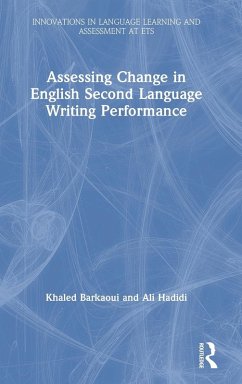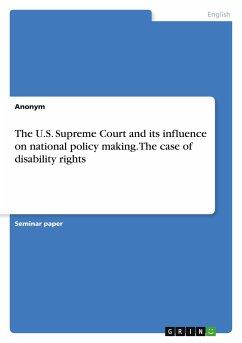
Assessing English Language Proficiency in U.S. K-12 Schools

PAYBACK Punkte
84 °P sammeln!
Drawn from two decades of the Educational Testing Service's extensive research and development on K-12 ELP assessments, this edited book addresses the key considerations in the development of large-scale, standards-based ELP assessments for K-12 EL students.














